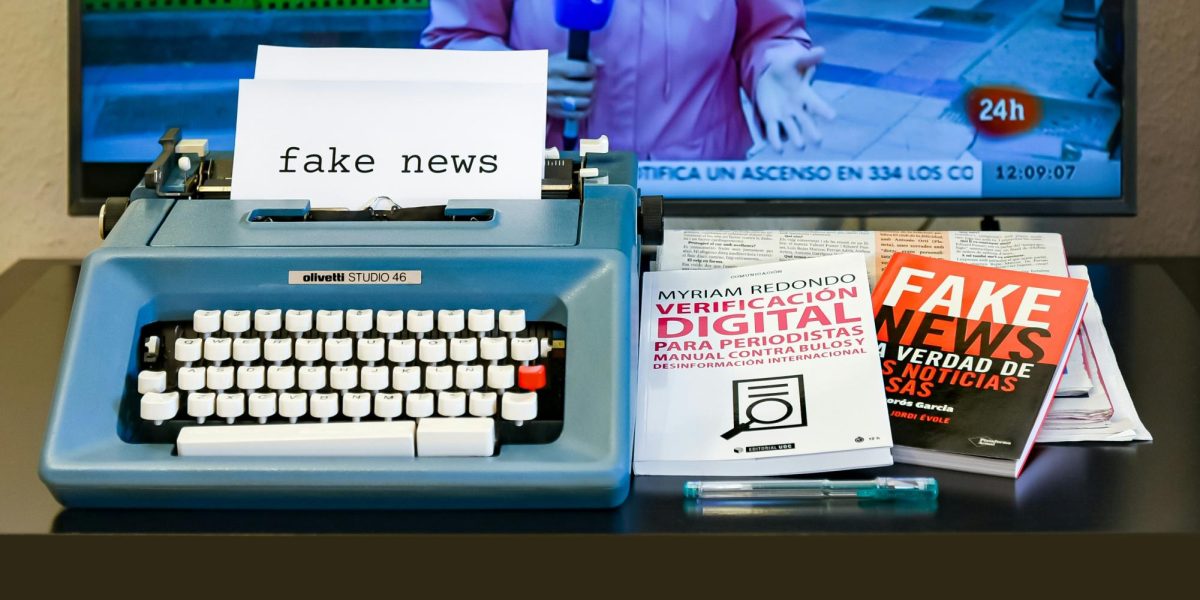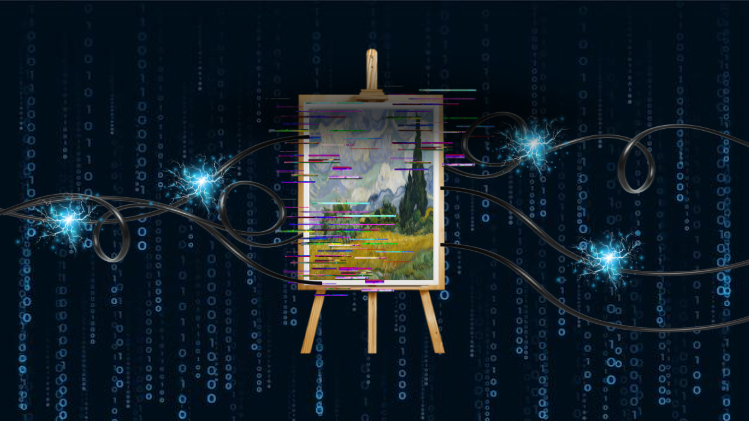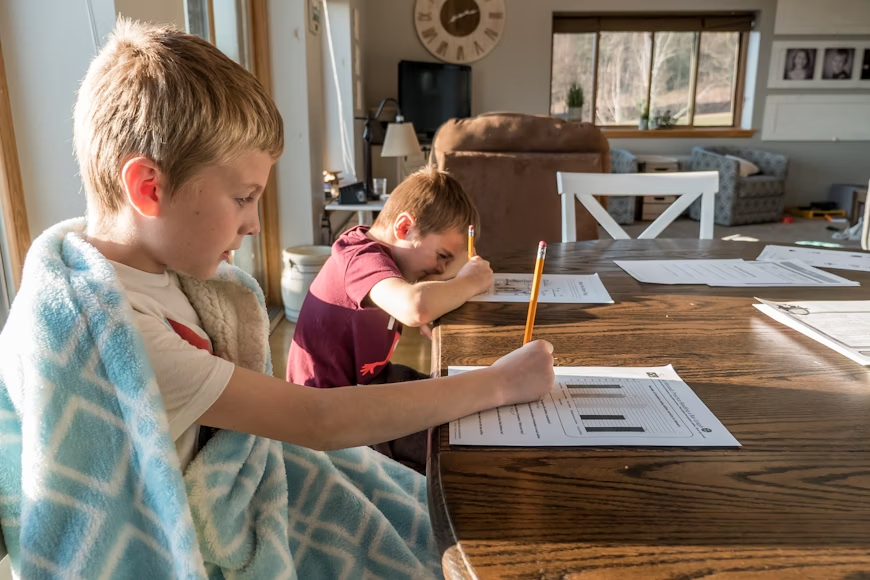The world is a chaotic and ever-changing place, and it seems that the modern person always has to be on top of what’s happening. This has led to a massive rise in the power of news corporations. NBC, FOX, CNN; whenever anything big (or frequently small) happens, they are the first to tell us. But if the public is better informed now more than ever, then why do so many people have such different ideas about what’s going on and distrust so many of these sources?
Media literacy is defined as having the ability to determine credibility in stories being presented, and it appears that it has been significantly falling among the public as of late. One reason for this is because of the drastic elevation in media literacy’s importance, and the fact that it is a relatively new concept. In decades prior, large-scale news was controlled by almost solely news channels on TV, with government regulations such as the Fairness Doctrine of 1946 that required the news to show both sides of every issue. However, when it was repealed in 1984, and as the internet entered the mainstream, anyone could determine which stories were important and share them, even if information was withheld or presented with an agenda in mind.
The reason news corporations with few restrictions have been causing such obfuscation is because now there is nothing to stop bias. These biases are not questioned because of the demonization of all opposing viewpoints. By drawing in a large audience and then providing a target to which their anger should be directed, a massive amount of power is built, and whenever a person would speak out, they would just be labeled as part of the opposition.
The internet has perhaps even played a larger hand in this issue. The internet has been a major part of society for almost three decades, so one would perhaps assume that with it, more programs in education would be dedicated to finding trustworthy sources. But according to the foundation, Media Literacy, “Now even though 84% of adults believe that schools should teach media literacy, only 42% of states teach it.” But a look at these states shows that combined, they drastically outpopulate the rest of the country, and furthermore, generations who have grown up with the internet seem to actually have a healthy grasp of it.
In that case, how could this still be such a problem? And the uncomfortable answer we must be drawn to is that the root of the dilemma may come from some of society’s most revered and vulnerable: our elders. People born before the latter two decades of the twentieth century tend to have a much looser grasp on news and the technology that delivers it. This is because education on what and what not to trust on the internet wasn’t available on account of the internet’s notable lack of existence during this time. This problem became most relevant during the coronavirus pandemic, in which everyone, stuck inside, was forced to spend much more time online. That led to those previously not on it now being exposed to rampant misinformation, with no knowledge of how to identify and protect themselves against it. And in the years since then, upon discovering a world of misinformation that appeals to their strongest, most fearful emotions, they have no desire to leave it.
It is important to make it clear that this is not an attack on the technologically ignorant or inept; it is only meant to serve as a reminder that some people are more vulnerable to deceit than others, especially when in an unfamiliar environment. Do your older relatives know about the dangers of misinformation online? Is there anything you can do to teach them about weeding out lies amongst truth? And perhaps more pressingly, “Are you just as susceptible?” If those passing knowledge down to their descendants aren’t being given the right information, how can it be guaranteed that today’s generations are?
Sources:








